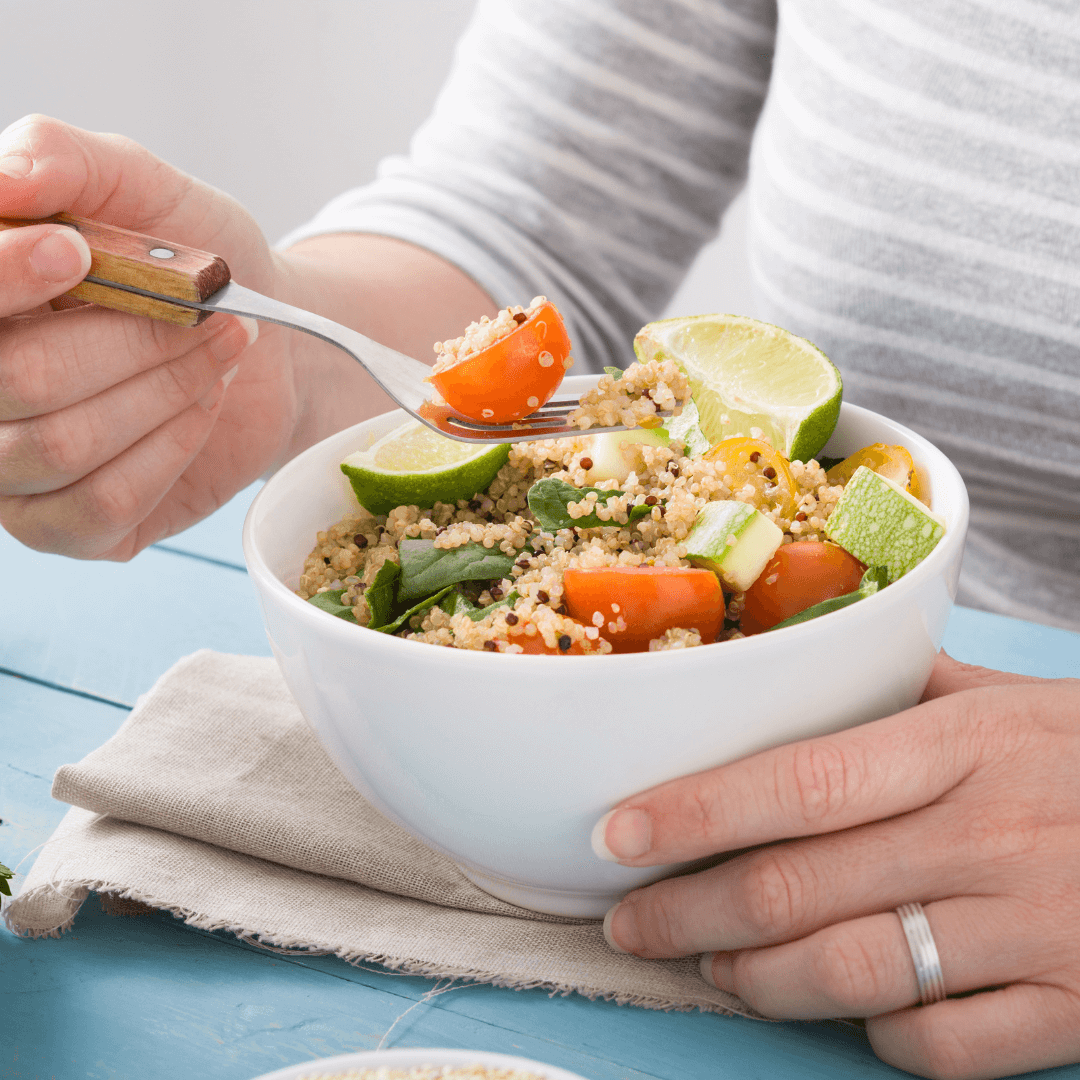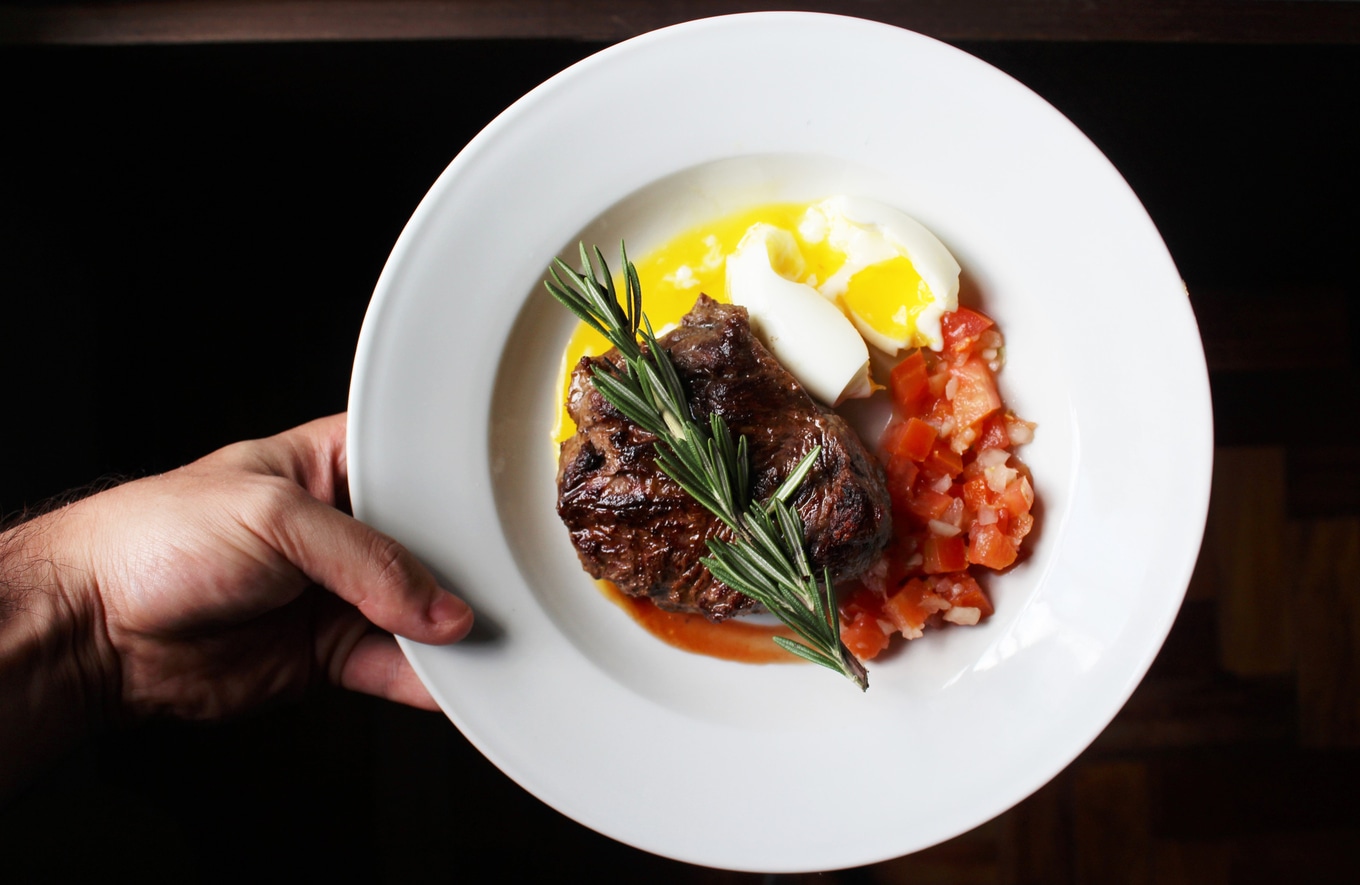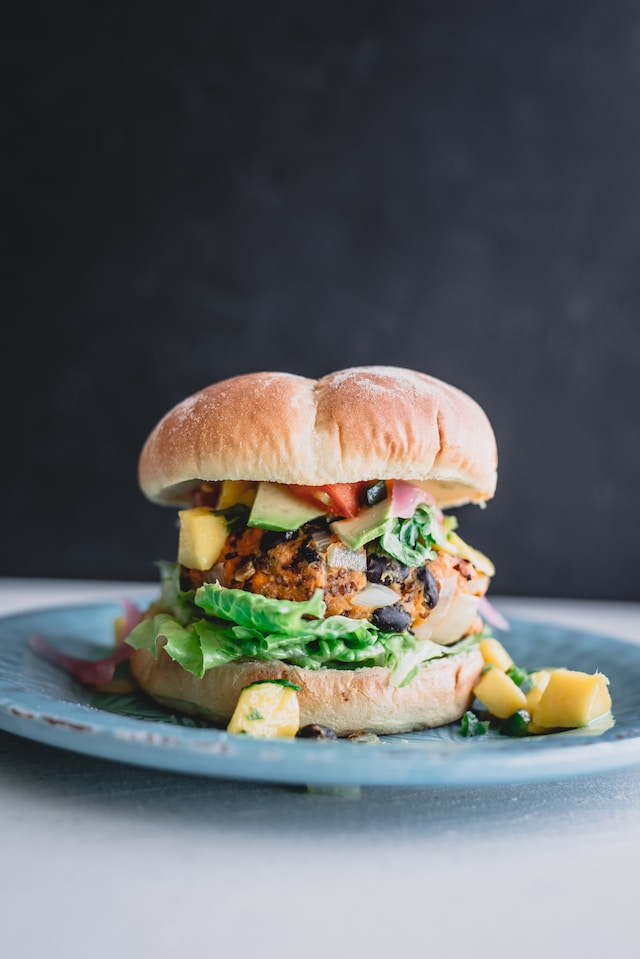Animals experience significantly better health and welfare outcomes when the people who raise them believe in their capacity to feel emotions, according to a study conducted by the University of Portsmouth and international animal welfare charity The Donkey Sanctuary. The research specifically sheds light on the link between people’s attitudes and the welfare of working equids such as donkeys, horses, and mules, across diverse countries and contexts.
For the study, researchers embarked on a global investigation, visiting equid-owning communities in Egypt, Mexico, Pakistan, Senegal, Spain, and Portugal. In these regions, they performed comprehensive welfare assessments, which included administering questionnaires to the people who raise the animals regarding their beliefs, values, and attitudes toward their animals, as well as conducting detailed assessments of the animals’ welfare.
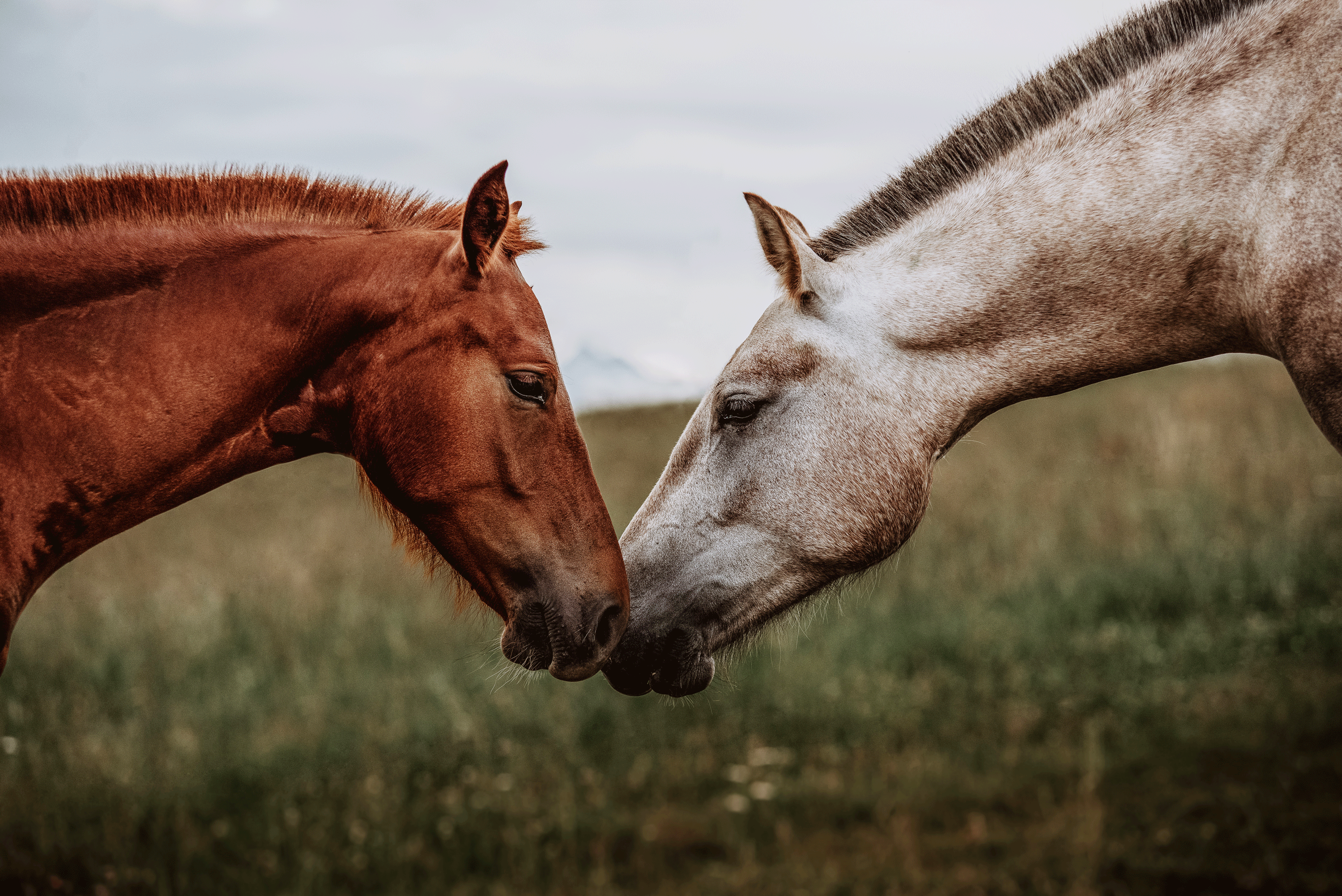 Lara Baeriswy/Unsplash
Lara Baeriswy/Unsplash
Emily Haddy, Postdoctoral Research Fellow at the University of Portsmouth’s Centre for Comparative and Evolutionary Psychology, emphasized the significance of this research. “We know people’s feelings toward their animals can impact their welfare, but we wanted to know if this differs across cultures,” Haddy said in a statement. “Our research involved equid-owning communities in six countries, whose animals worked in a diverse range of contexts including agriculture, tourism, and construction.”
Table of Contents
Do animals feel pain?
Published in the Journal of Applied Animal Welfare Science, the study revealed a clear correlation between people who believed their animals experienced emotions or had an emotional bond with them and improved animal health and higher body condition scores. Conversely, equids raised by individuals who did not hold such beliefs or primarily focused on the profitability or usefulness of the animals displayed inferior health conditions.
Furthermore, the study found that animals whose human companions believed animals feel pain were significantly less likely to exhibit lameness. These associations were observed consistently across multiple countries, regardless of varying economic conditions.
“Overall, these results highlight the importance of the relationship between owner and equid and the role that owner attitudes play in influencing equid welfare,” the study noted. “Understanding owner beliefs and attitudes toward working equids and their underlying determinants may help to increase the efficacy of future welfare initiatives.”
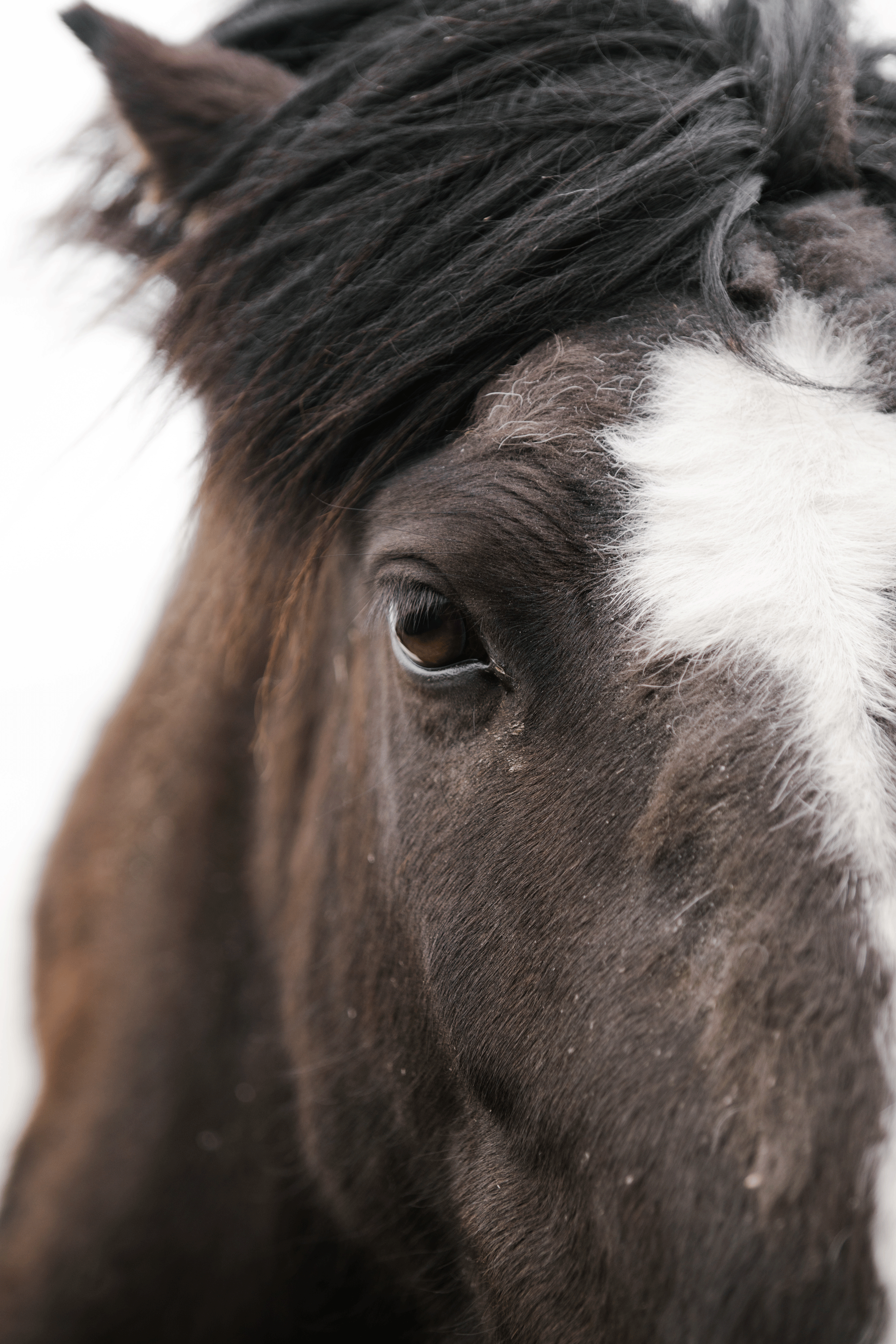 Arthouse Studio/Pexels
Arthouse Studio/Pexels
The study authors hope these results will further improve welfare initiatives for animals, and specifically educating people on animal sentience. “These findings could inform and increase the efficacy of future welfare initiatives,” Dr. Faith Burden, the Executive Director of Equine Operations at The Donkey Sanctuary, said in a statement.
“For example, promoting emotional connection and awareness of animal sentience among owners of working equids could potentially influence attitudes and lead to improvements in the welfare of working equids around the world,” Burden said.
The study also pointed out that we should not assume that animals who have poorer health and welfare are raised by people who don’t care about them. Rather, they might lack the necessary resources to adequately care for their animals and, to cope with the psychological distress resulting from this misalignment, adjust their beliefs to think that their animals do not experience pain.
“It’s possible these owners simply don’t have the resources to look after their animals as well, and because they don’t like to think of them suffering, they adjust their beliefs to think that their animals don’t feel pain,” Leanne Proops, PhD, study co-author and Associate Professor in Animal Behaviour at the University of Portsmouth’s Department of Psychology, said in a statement.
“This is a well-documented psychological technique that people use to minimize psychological distress when their behavior and beliefs don’t align,” Proops said.
While the study provides significant insights into the relationship between human attitudes and the welfare of working equids, the authors acknowledge the importance of further research to establish causality and deepen the understanding of compassion and animal welfare.
Animal agriculture and cognitive dissonance
This study highlights the connection between the welfare of both humans and animals and the emotional connection we share. However, in order to exploit animals for food en masse, we suspend this connection and engage in cognitive dissonance, a psychological condition where we justify conflicting beliefs such as loving animals and eating them.
And because the animal agriculture industry profits from keeping animals in tightly confined spaces, any meaningful welfare measures are hard to implement.
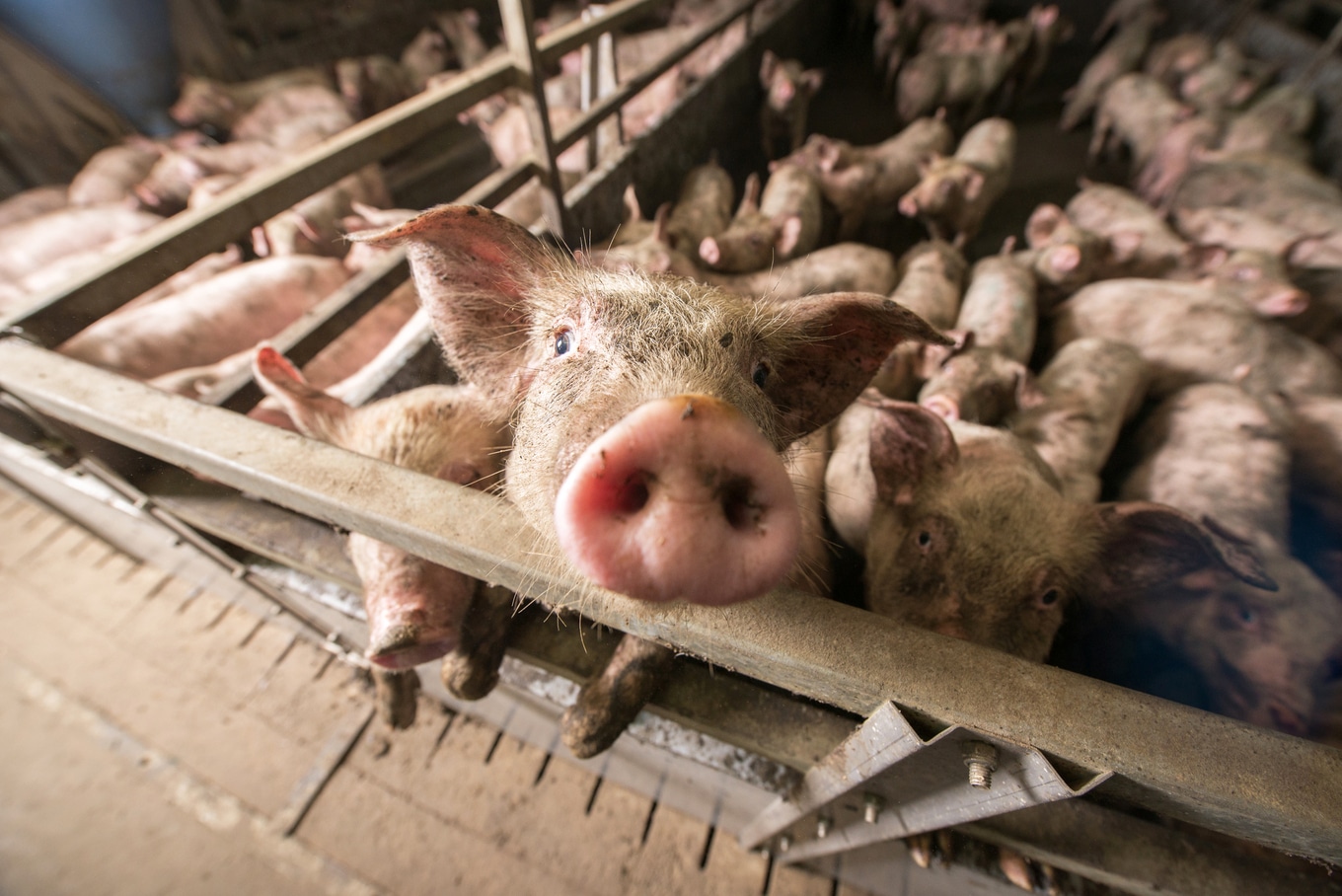 Getty
Getty
As just one example, earlier this year the meat industry attempted to challenge California’s Proposition 12, a law that bans extreme confinement in animal agriculture and the sale of products derived from such practices.
First passed in 2018 with strong bipartisan support, Prop 12 establishes minimum space requirements for egg-laying hens, mother pigs, and veal calves in California, ensuring they are not confined to small cages. It also mandates that any eggs, pork, or veal sold in the state meet these space requirements, regardless of their origin.
Since its passing, the meat industry, represented by lobby groups such as the National Pork Producers Council and American Farm Bureau Federation, has been striving to overturn Prop 12. They argue that complying with the welfare requirements outlined in the law imposes an “undue burden” on meat producers.
However, the Supreme Court of the United States ultimately ruled against the meat industry’s attempt to overturn the law.
“Nearly all Americans care about animals and don’t want them to be treated cruelly,” Cheryl Leahy, AO Executive Director, previously told VegNews. “We should be inspired and re-energized by this ruling.”




